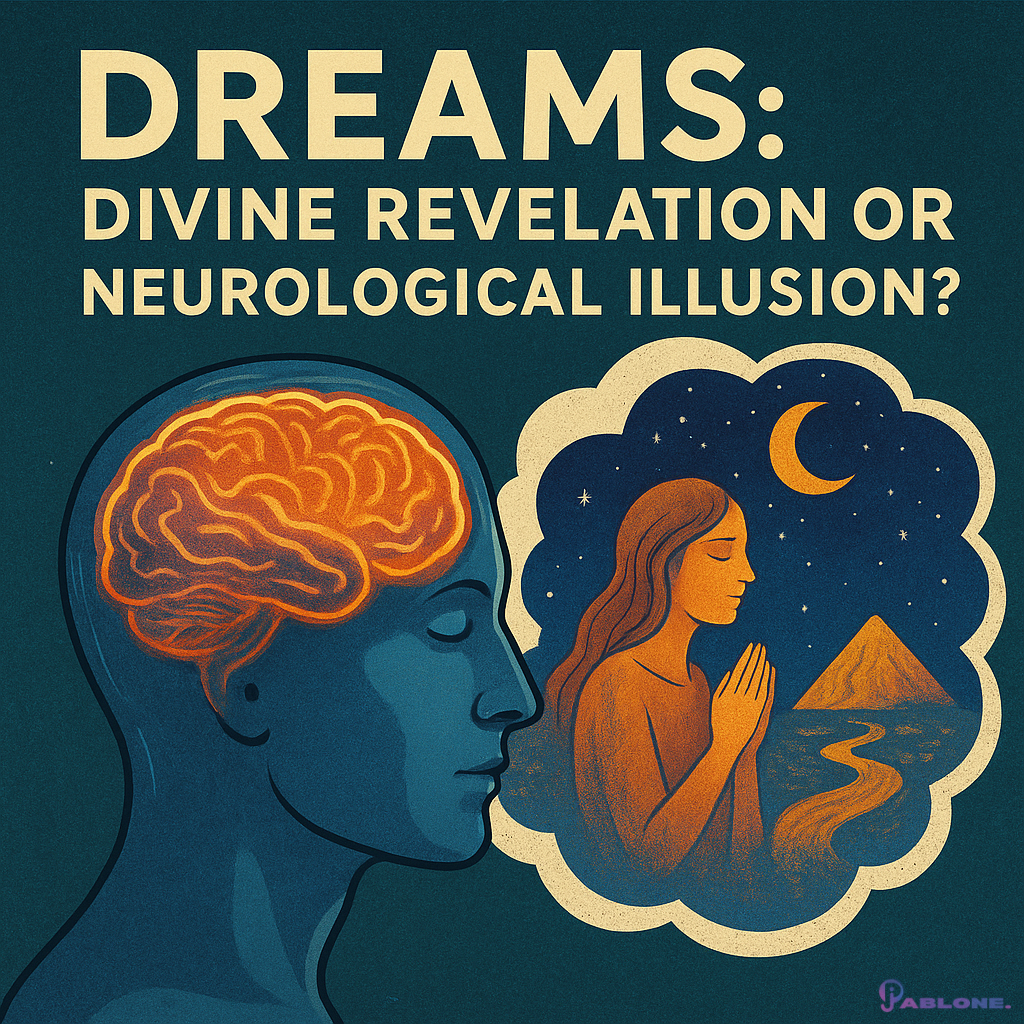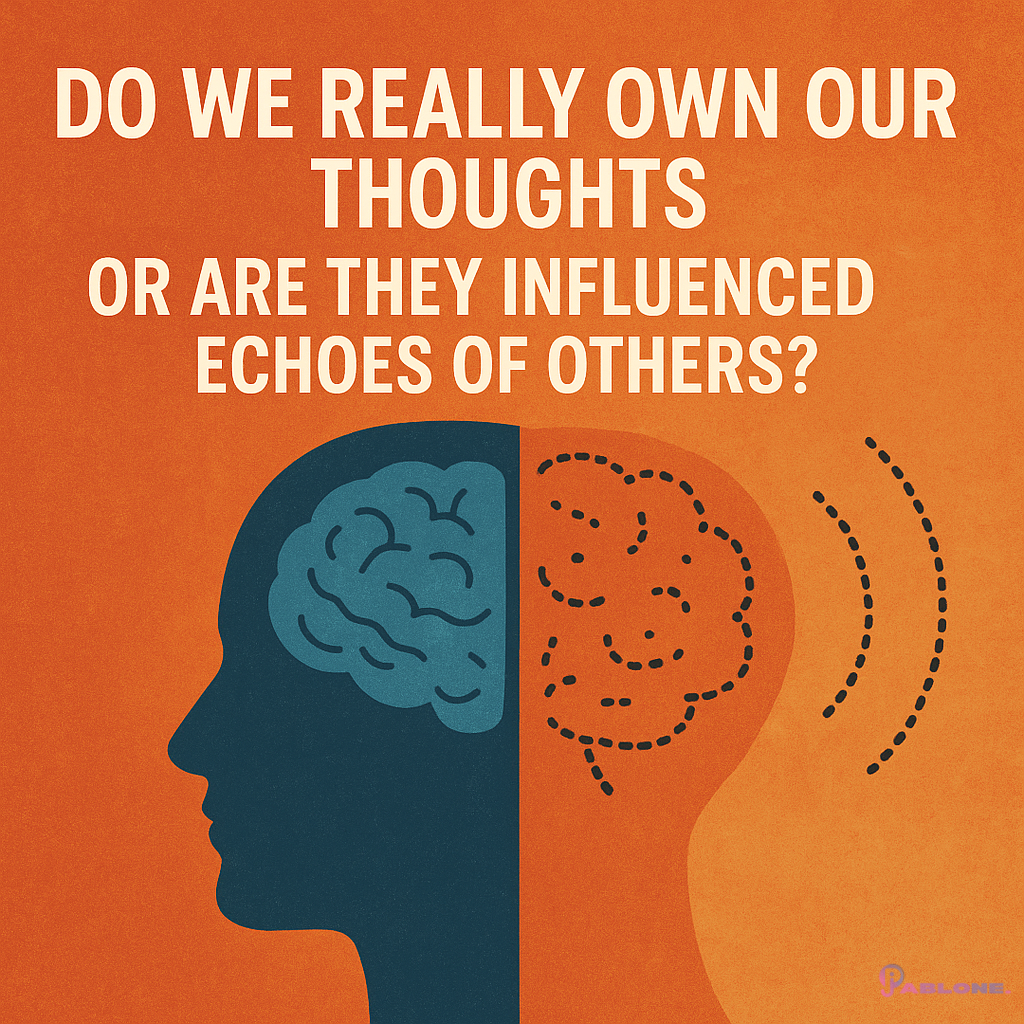Navigating the intricate landscapes of human relationships is a journey marked by joys, challenges, and profound growth. Whether it’s the bond between partners, family members, friends, or colleagues, relationships form the foundation of our social fabric, shaping our identities, experiences, and emotional well-being. In this extensive exploration, we’ll delve into the complexities of relationships, unravelling the dynamics, communication strategies, and key elements that contribute to meaningful connections.
The Essence of Relationships
At their core, relationships are built on mutual trust, respect, and understanding, serving as vessels for companionship, support, and intimacy. From romantic partnerships to familial ties and platonic friendships, each relationship type brings its own set of dynamics and expectations, yet all share a common thread of emotional reciprocity and shared experiences.
Types of Relationships
Romantic Relationships: Romantic relationships are characterized by emotional intimacy, physical attraction, and shared commitment between partners. They encompass a spectrum of experiences, from passionate infatuation to enduring companionship, and require open communication, compromise, and mutual respect to thrive.
Family Relationships: Family relationships form the cornerstone of our social connections, shaping our early experiences of love, belonging, and identity. Whether it’s the bond between parents and children, siblings, or extended relatives, family dynamics influence our values, behaviours, and sense of belonging.
Friendships: Friendships are voluntary relationships based on shared interests, values, and experiences. Friends provide companionship, emotional support, and companionship, serving as confidants, cheerleaders, and sources of laughter and joy throughout life’s journey.
Professional Relationships: Professional relationships are formed within the context of work or professional settings, encompassing interactions with colleagues, supervisors, clients, and mentors. These relationships are characterized by professionalism, collaboration, and mutual respect, contributing to career growth, networking, and organizational success.
Nurturing Healthy Relationships
Building and maintaining healthy relationships requires intentional effort, empathy, and effective communication. While each relationship is unique, certain principles and practices foster trust, connection, and resilience in the face of challenges.
Communication
Communication is the lifeblood of relationships, serving as a conduit for expressing emotions, sharing experiences, and resolving conflicts. Effective communication involves active listening, empathy, and assertiveness, fostering understanding, and connection between individuals.
Trust and Transparency
Trust is the cornerstone of healthy relationships, providing a sense of security, reliability, and emotional safety. Trust is cultivated through consistent actions, honesty, and transparency, as individuals demonstrate reliability and integrity in their interactions.
Respect and Boundaries
Respectful boundaries are essential for maintaining autonomy, self-respect, and mutual dignity within relationships. Establishing and respecting personal boundaries fosters healthy dynamics, preventing resentment, coercion, and emotional manipulation.
Empathy and Compassion
Empathy is the ability to understand and share the feelings of others, fostering emotional connection, and mutual understanding. Cultivating empathy and compassion encourages a supportive and nurturing environment within relationships, enhancing emotional intimacy and mutual support.
Conflict Resolution
Conflicts are inevitable in any relationship, but how they are managed can determine the strength and longevity of the bond. Healthy conflict resolution involves active listening, empathy, and compromise, as individuals work together to address differences constructively and find mutually acceptable solutions.
The Evolution of Relationships
Relationships are dynamic and ever-evolving, influenced by individual growth, life transitions, and external factors. As individuals mature and undergo personal development, their needs, priorities, and perspectives on relationships may shift, leading to changes in dynamics and expectations.
Relationship Stages
Formation: The formation stage marks the beginning of a relationship, characterized by initial attraction, curiosity, and exploration. Individuals establish rapport, build trust, and lay the groundwork for deeper connections through shared experiences and interactions.
Maintenance: The maintenance stage involves nurturing and sustaining the relationship through regular communication, mutual support, and shared activities. Partners navigate challenges, celebrate milestones, and cultivate intimacy, strengthening the bond over time.
Challenges and Transitions: Relationships are often tested by challenges, transitions, and life events such as relocation, career changes, or health issues. Partners must adapt to new circumstances, communicate effectively, and provide mutual support to navigate these transitions successfully.
Renewal or Dissolution: Depending on the resilience and compatibility of the individuals involved, relationships may experience periods of renewal and growth or reach a point of dissolution. Whether through mutual growth, reconciliation, or amicable separation, individuals navigate the end of a relationship with compassion and respect for each other’s well-being.
Cultivating Lasting Connections
While relationships may vary in intensity, duration, and significance, their impact on our lives is profound and enduring. Cultivating lasting connections requires ongoing investment, empathy, and a willingness to embrace vulnerability and authenticity in our interactions.
Cultivating Intimacy
Intimacy goes beyond physical closeness; it encompasses emotional, intellectual, and spiritual connection between individuals. Cultivating intimacy involves vulnerability, empathy, and mutual trust, as partners share their innermost thoughts, fears, and dreams with each other.
Shared Values and Goals
Shared values and goals form the foundation of compatible relationships, providing a sense of alignment, purpose, and mutual direction. Partners who share similar beliefs, priorities, and aspirations are better equipped to navigate challenges, celebrate successes, and support each other’s growth and fulfillment.
Quality Time and Shared Experiences
Quality time and shared experiences strengthen the bond between individuals, fostering connection, and creating lasting memories. Whether through meaningful conversations, recreational activities, or travel adventures, spending time together strengthens emotional intimacy and reinforces the sense of companionship and belonging.
Gratitude and Appreciation
Expressing gratitude and appreciation for each other’s presence, efforts, and contributions nourishes the relationship and reinforces positive dynamics. Regularly acknowledging and celebrating each other’s strengths, achievements, and acts of kindness cultivates a culture of gratitude and fosters mutual admiration and respect.
Flexibility and Adaptability
Flexibility and adaptability are essential qualities for navigating the ebb and flow of relationships. Partners who embrace change, compromise, and adapt to new circumstances with grace and resilience are better equipped to overcome challenges, grow together, and sustain a fulfilling and harmonious connection.
Conclusion
Relationships are the threads that weave the tapestry of our lives, enriching our experiences, and shaping our identities. Whether through romantic partnerships, family bonds, friendships, or professional connections, relationships provide us with companionship, support, and a sense of belonging that transcends individuality. By nurturing healthy dynamics, fostering effective communication, and embracing authenticity and vulnerability, we cultivate meaningful connections that enrich our lives and contribute to our emotional well-being and fulfilment. As we navigate the complexities of human relationships, let us approach each interaction with empathy, respect, and a commitment to mutual growth and understanding, fostering connections that stand the test of time.








Leave a Reply